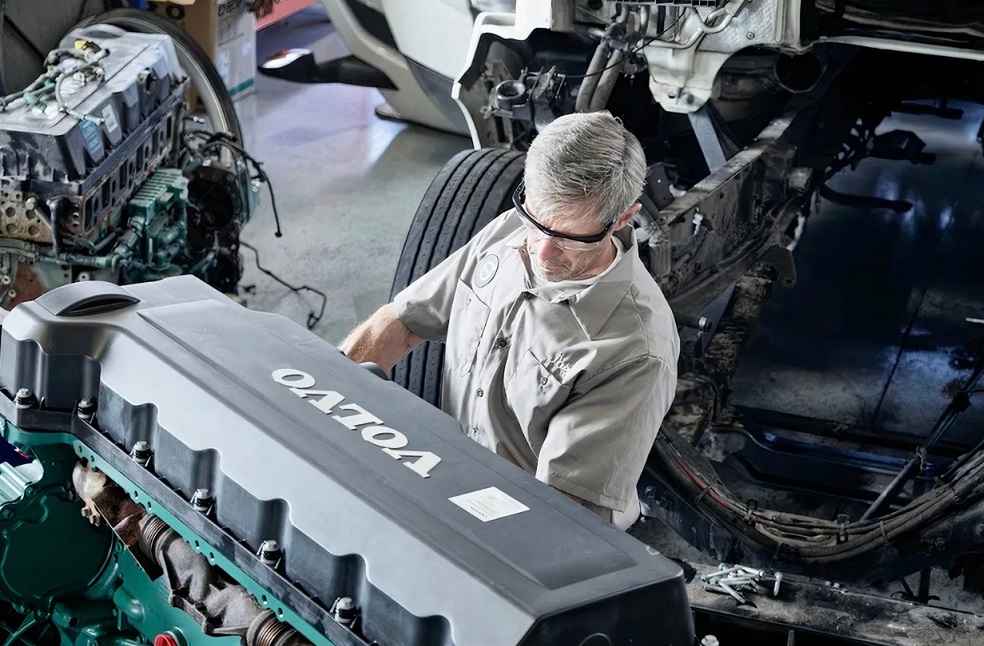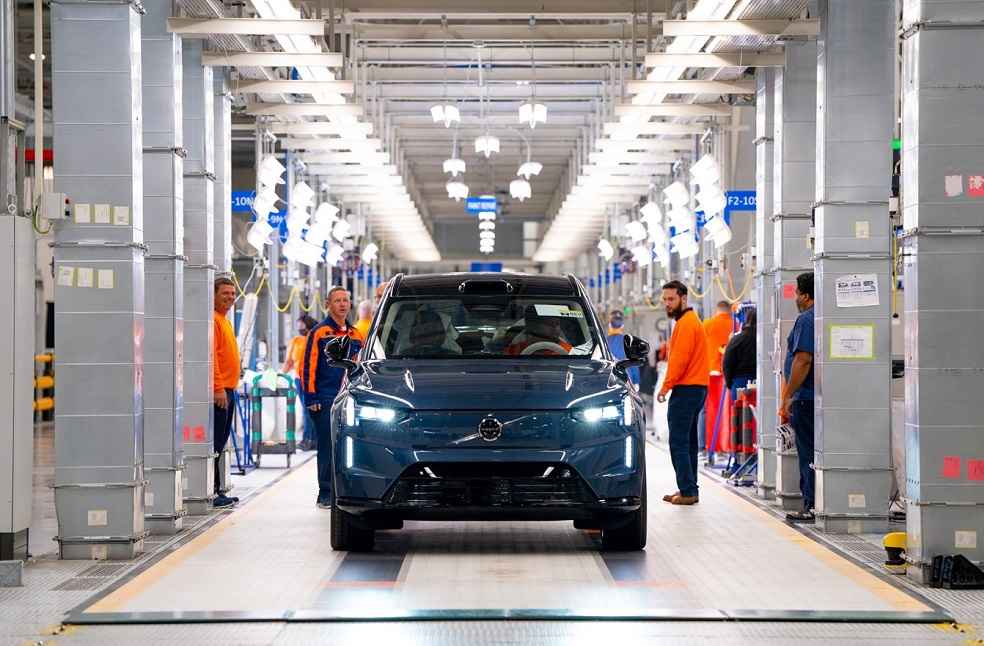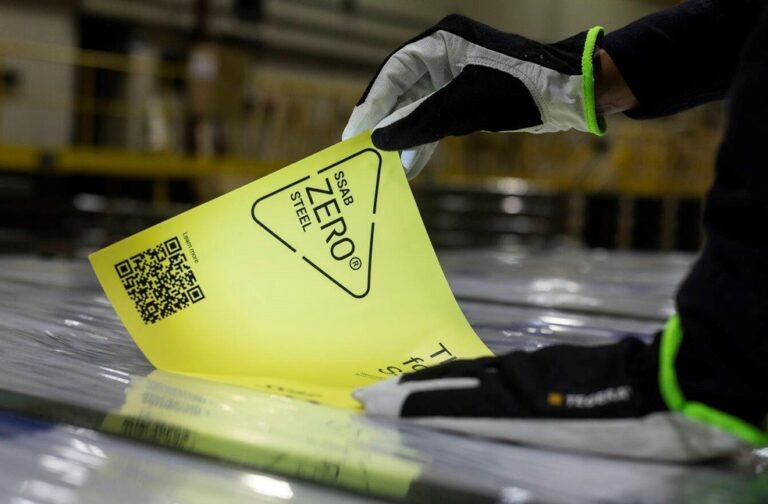Volvo Cars, a subsidiary of Geely, has entered into a new partnership with Swedish steel manufacturer SSAB to procure recycled, near-zero-emissions steel beginning in 2025. The collaboration will support Volvo’s sustainability goals while promoting environmentally responsible manufacturing.
Volvo Cars has become the first automaker to finalize a supply agreement for mass production of sustainable steel. This initiative expands its existing partnership focused on advancing eco-friendly steel manufacturing. As part of its broader sustainability commitment, the company intends to achieve net-zero greenhouse gas emissions by 2040, reinforcing its dedication to reducing environmental impact.

“By signing this agreement, we have taken an important step in reducing the impact on the environment and increase the awareness for using recycled materials within our supplier network,” said Francesca Gamboni, Volvo Cars chief supply chain and manufacturing officer.
The fully electric EX60 SUV and upcoming models built on Volvo Cars’ next-generation SPA3 architecture will feature recycled steel in select components. Importantly, Volvo assures that this sustainable steel maintains the same strength and durability standards as primary steel, meeting all safety-related requirements.
Volvo is not only sourcing recycled and near-zero-emission steel but also sells scrap steel. This approach ensures that materials retain the highest value for an extended period within a closed-loop system, minimizing waste and promoting efficient resource utilization.

SSAB’s recycling method relies on scrap steel and is said to reduce carbon emissions in its operations by nearly 100% compared to conventional European steel production.
By 2030, Volvo seeks to cut CO₂ emissions per vehicle by 65–75% from 2018 levels. The partnership supports Volvo’s dedication to expanding the use of recycled materials, with a target for 30% of its fleet to incorporate recycled steel by 2030. From that year onward, all new models are expected to feature at least 35% recycled or bio-based content, strengthening the company’s sustainability-driven approach.
TRENDING | Suzuki Tackles Rare Earth Magnet Shortage to Maintain EV Output





